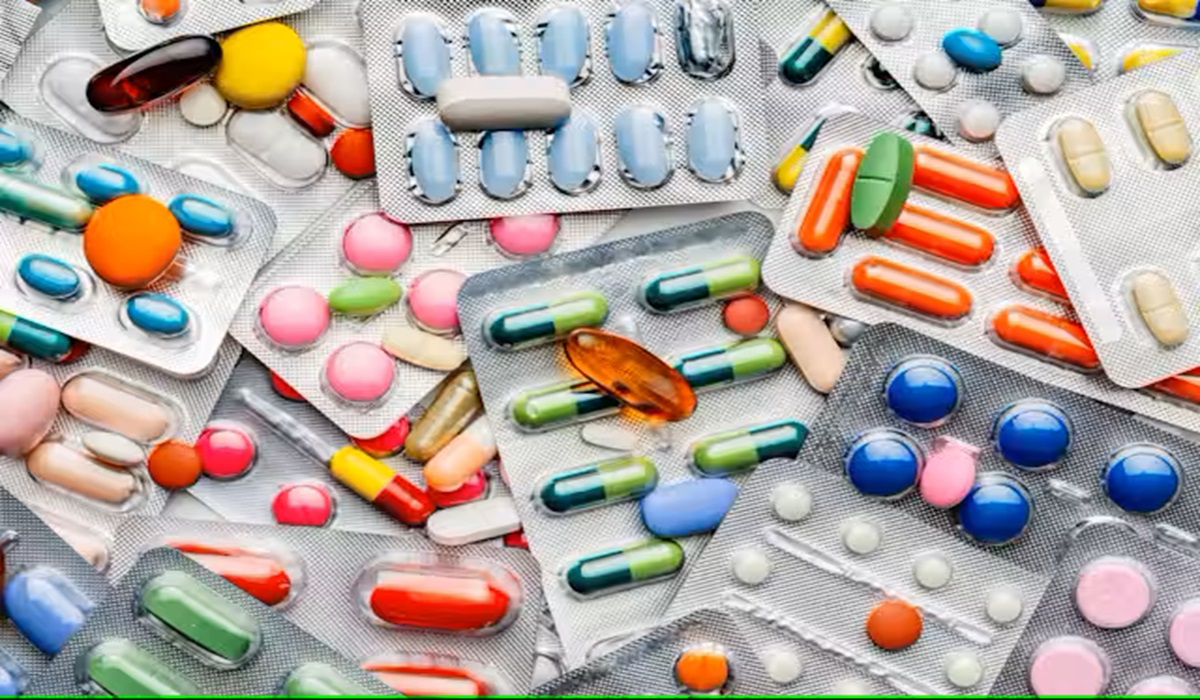
A new study by the University of Notre Dame in the United States has raised serious concerns about the quality of cancer medications being used across sub-Saharan Africa. According to the research, approximately one in every six cancer drugs tested in four African countries — Kenya, Malawi, Ethiopia, and Cameroon — was found to be of substandard quality, either containing too little or too much of the active ingredient required to effectively treat cancer.
This active ingredient is the essential part of the medication that fights the disease. In well-manufactured drugs, the concentration of this component should fall within a safe range — between 90% and 110% of the stated amount. However, the study uncovered alarming discrepancies, with some samples containing as little as 28% and others as much as 120%.
For patients, this has severe implications. Receiving too little of the drug could mean that the treatment is ineffective, allowing the cancer to progress. On the other hand, receiving too much of the active ingredient increases the risk of harmful side effects. Such inconsistencies in dosage can jeopardize patient outcomes and diminish trust in medical treatment.
The research team examined 251 samples of cancer medications sourced from both public hospitals and private pharmacies. Poor-quality drugs were found in all four countries, and across both public and private supply chains, indicating a widespread and systemic issue. One of the most troubling findings was the failure of existing quality control systems.
In many of these countries, the process of drug evaluation is largely limited to visual inspection — checking for correct packaging, labeling, and general appearance. However, the study found that such visual checks were woefully inadequate, identifying only one out of every ten poor-quality medications. The situation is further worsened by the absence of advanced drug-testing infrastructure. Most sub-Saharan African countries lack the chemical testing laboratories needed to thoroughly evaluate the composition of cancer drugs.
This makes it nearly impossible for healthcare systems to guarantee the safety and effectiveness of the medications being administered. Beyond testing limitations, the study also pointed to broader challenges, such as weak drug regulatory frameworks, lax manufacturing practices, and inadequate storage and transportation conditions. These factors contribute to the circulation of substandard drugs, endangering patients and overwhelming already burdened healthcare systems. To address this urgent need, researchers at Notre Dame have been developing a potential solution called the “chemoPAD.”
Created by the lab of Professor Marya Lieberman, the lead author of the study, this paper-based device is designed to help frontline healthcare workers test the quality of cancer medications quickly and affordably. Unlike full laboratory setups, the chemoPAD is portable and does not require sophisticated equipment, making it especially useful for hospitals in resource constrained settings. The researchers hope that innovations like the chemoPAD can empower hospitals and health ministries in low- and middle-income countries to better screen the drugs they provide to patients.
But they also stress that long-term solutions must include stronger regulatory oversight, international cooperation, and investment in pharmaceutical quality infrastructure. As cancer rates continue to rise across Africa, ensuring the availability of safe and effective treatments is more important than ever. The study serves as a critical call to action for governments, healthcare providers, and the global medical community to urgently address the gaps in cancer drug safety and quality
